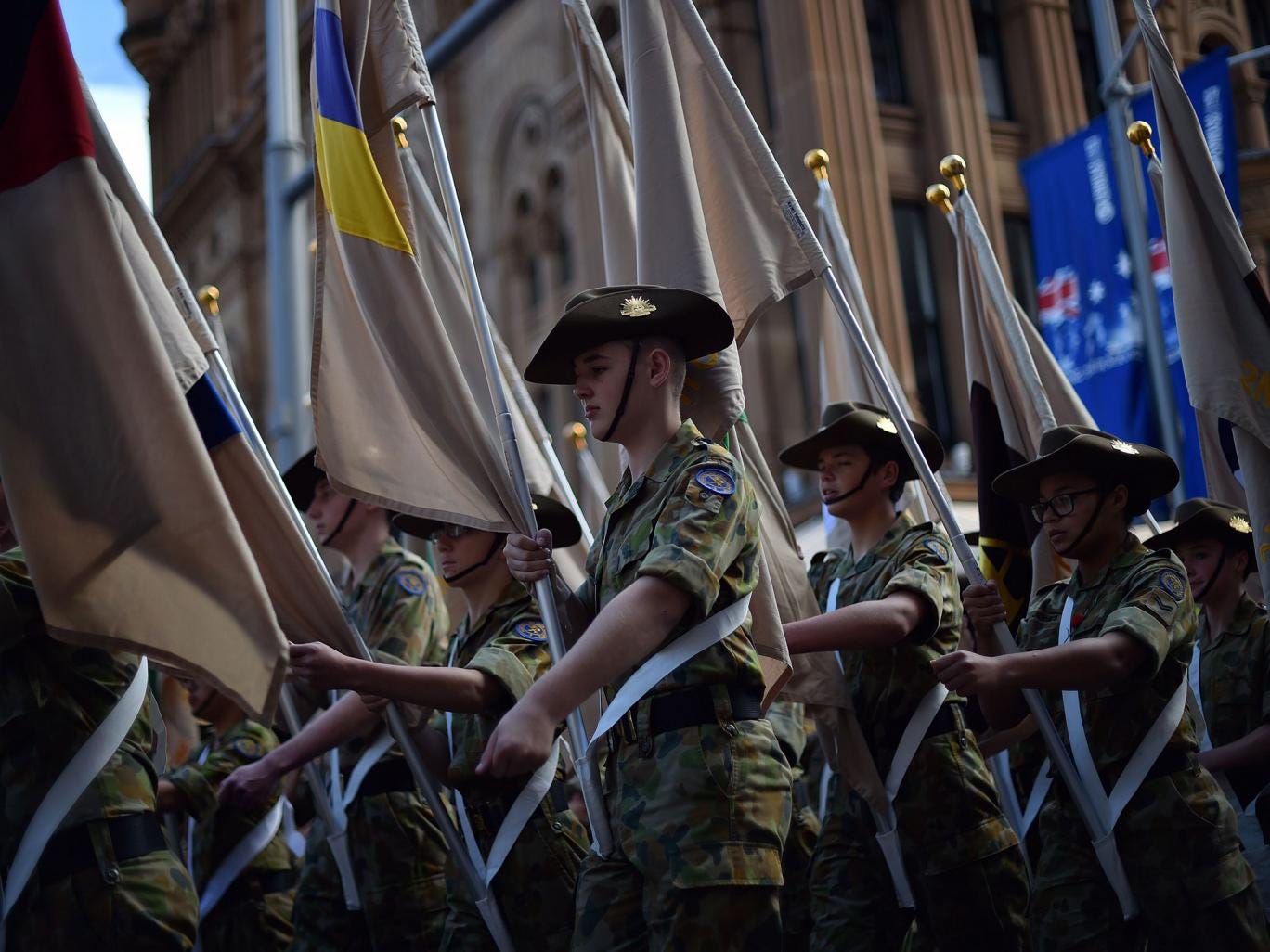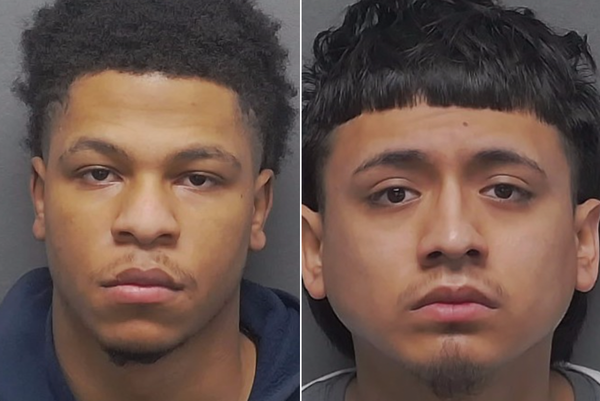
A British teenager who plotted a terrorist “massacre” at Australia’s Anzac Day parade aged just 14 has been given a life sentence.
The boy, who cannot be named for legal reasons, was sentenced at Manchester Crown Court today after pleading guilty to inciting terrorism overseas.
He will serve at least five years of his sentence, which is automatically reduced for minors.
Mr Justice Saunders said the defendant's life term meant he would not be released until he is considered not to be dangerous.
"Thanks to the intervention of the police in this country and in Australia, that attack and the deaths which were intended to follow never happened,” he continued.
"Had the authorities not intervened, (the defendant) would have continued to play his part hoping and intending that the outcome would be the deaths of a number of people.
"He would have been pleased if that had happened. He would have welcomed the notoriety that he would have achieved."
The judge said that the fact a 14-year-old could become so radicalised that he could wish for innocent people to be murdered was “chilling”.
He ruled that reporting restrictions that ban the identification of the Muslim defendant should remain, preventing him from being named.
The bespectacled teenager, wearing grey trousers, a grey shirt and patterned tie, hugged his parents and relatives before he was led from the courtroom.
Dubbed “Britain’s youngest terrorist”, the boy orchestrated a plan to run over and behead police officers in Melbourne that was discovered just days before it could be carried it out.
The court heard that the defendant, now 15, communicated with an Australian jihadist from his bedroom at his parents’ house in Blackburn.
Prosecutors said he became “organiser and adviser” to 18-year-old Sevdet Besim, with the pair exchanging more than 3,000 after becoming radicalised by Isis’ gory online propaganda.
Besim was arrested in possession of a knife a week before the annual war remembrance event on 25 April this year.
Scrutiny is expected to turn on to anti-radicalisation agencies who had the British defendant referred to them twice as he espoused extremist views.
The boy allegedly praised Osama bin Laden, as well as the two al-Qaeda-inspired men who carried out the Charlie Hebdo massacre, who he called “his heroes”.
Just two weeks after creating a Twitter account and posting extremist messages, he had 24,000 followers and “quickly became a celebrity” among the jihadi community, defence lawyer James Pickup QC told the court, saying the new-found popularity “filled a void” in his life.
The defence argued that the teenager had felt isolated because of a medical condition and problems at school and home after his parents separated.
Additional reporting by PA







